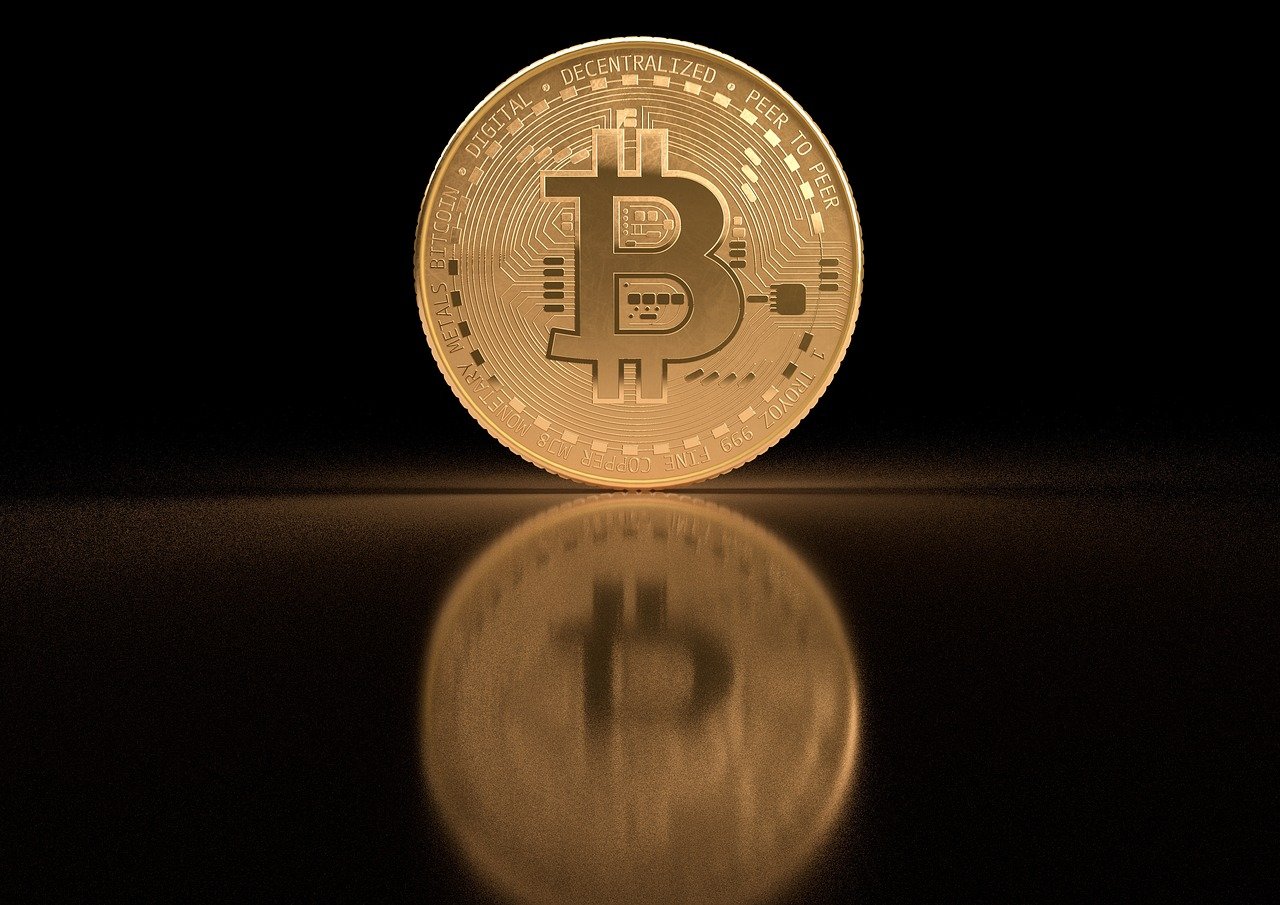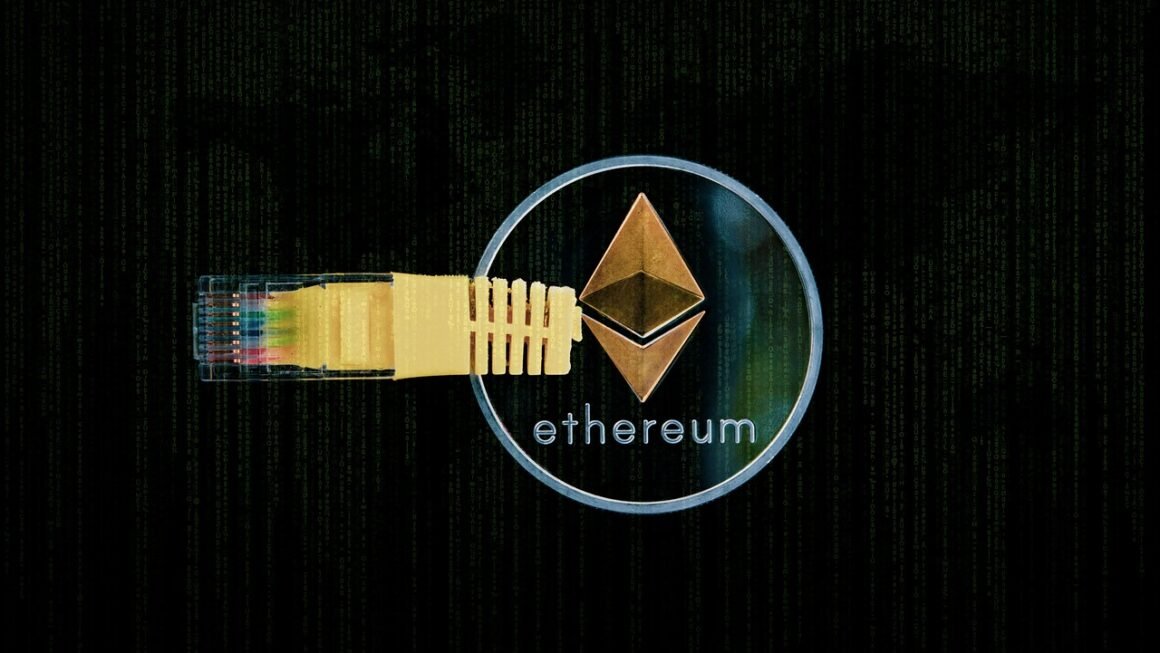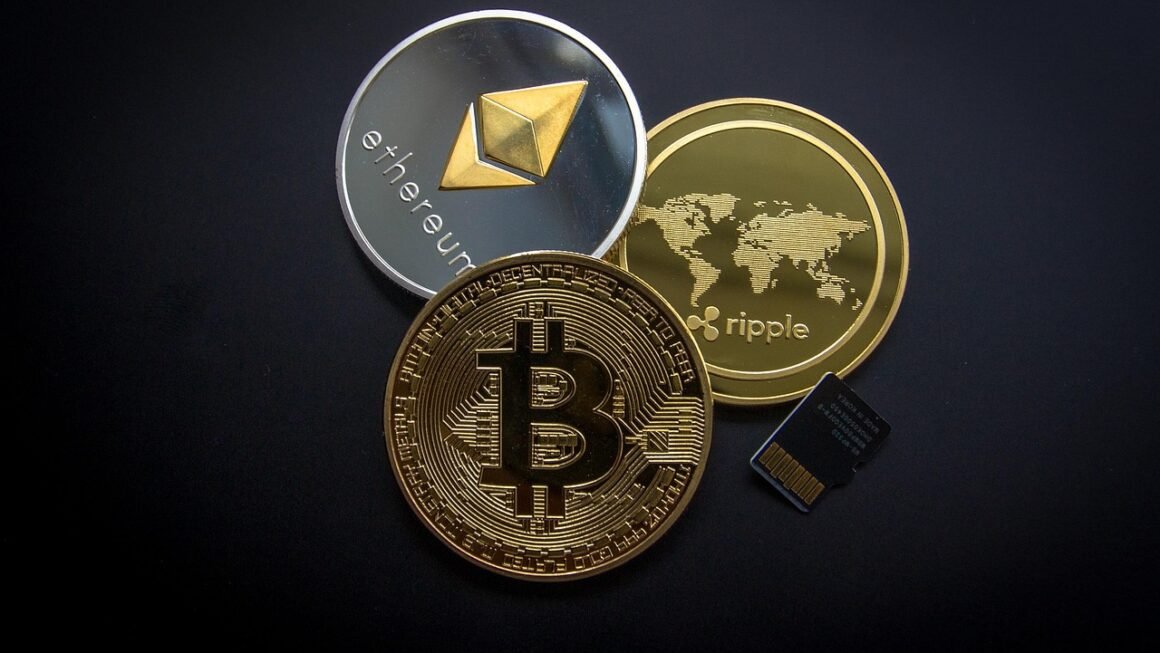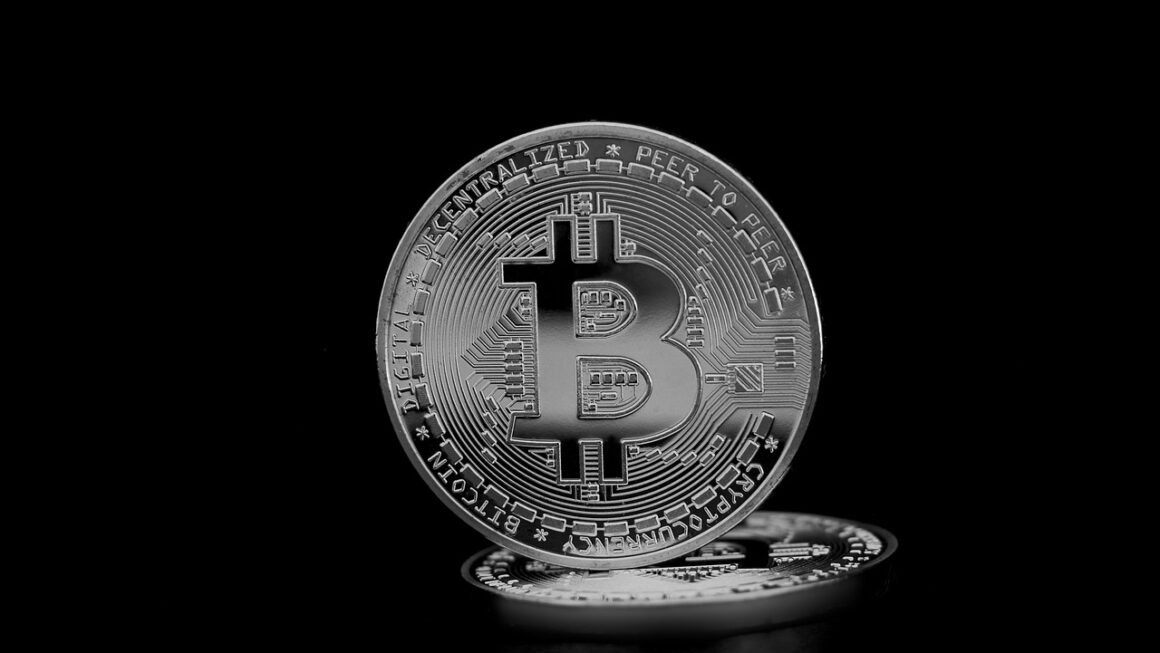A revolutionary concept shaking up traditional organizational structures, Decentralized Autonomous Organizations (DAOs) are changing how we think about governance, collaboration, and community ownership. Imagine a company run by code, where every member has a voice, and decisions are transparently recorded on a blockchain. This is the promise of DAOs, and while still in their early stages, they hold immense potential for transforming industries and empowering individuals.
What is a DAO?
Definition and Core Principles
A Decentralized Autonomous Organization (DAO) is an internet-native organization governed by a set of rules encoded as smart contracts on a blockchain. These smart contracts automate the decision-making process, allowing the DAO to operate autonomously without the need for traditional hierarchical management.
- Decentralization: Power and control are distributed among members, rather than concentrated in a central authority.
- Autonomy: The DAO operates according to pre-defined rules encoded in smart contracts, minimizing human intervention.
- Transparency: All transactions and decisions are recorded on the blockchain, making them publicly auditable.
- Community-Driven: Members collectively make decisions through voting mechanisms proportional to their stake in the DAO.
Essentially, a DAO replaces traditional management structures with transparent, verifiable code. This makes them especially appealing to communities seeking to build trust and operate with greater accountability.
How DAOs Work
DAOs operate on a simple yet powerful mechanism:
- Example: Imagine a DAO for funding open-source software projects. Members contribute funds to the DAO’s treasury and receive governance tokens in return. Developers can submit proposals for funding, and token holders vote on which projects to support. If a proposal passes, the smart contracts automatically release funds to the developer.
Benefits of Using DAOs
Enhanced Transparency and Trust
DAOs foster transparency by recording all transactions and decisions on a public blockchain. This verifiable record makes it easier to audit the DAO’s operations and build trust among members.
- Immutable Record: Blockchain technology provides an immutable and transparent record of all DAO activities.
- Reduced Corruption: Automated processes and transparent voting mechanisms reduce the potential for corruption and manipulation.
- Increased Accountability: Members are accountable for their votes and actions, as they are publicly recorded.
Improved Governance and Participation
DAOs offer a more democratic and participatory governance model compared to traditional organizations.
- Decentralized Decision-Making: Power is distributed among members, giving everyone a voice.
- Increased Participation: Token holders are incentivized to participate in governance by voting on proposals.
- Faster Decision-Making: Automated voting and execution processes can lead to faster decision-making compared to traditional bureaucratic processes.
Global Collaboration and Efficiency
DAOs facilitate global collaboration by removing geographical barriers and streamlining communication.
- Borderless Collaboration: DAOs can bring together individuals from all over the world to work towards a common goal.
- Reduced Administrative Costs: Automation reduces the need for traditional administrative overhead, leading to cost savings.
- Increased Efficiency: Streamlined processes and automated execution lead to increased efficiency and productivity.
Innovative Funding Models
DAOs offer new ways to raise funds and distribute resources for projects and initiatives.
- Community Funding: DAOs can leverage their community to raise funds for projects through token sales or crowdfunding.
- Transparent Funding Allocation: Smart contracts ensure that funds are allocated according to pre-defined rules and community votes.
- Incentivized Participation: Token holders are incentivized to contribute to the DAO’s success through rewards and governance rights.
Use Cases for DAOs
Decentralized Finance (DeFi)
DAOs are playing a crucial role in the growth of DeFi by governing protocols, managing treasuries, and facilitating community-driven development.
- Protocol Governance: DAOs control parameters of DeFi protocols like interest rates, collateral ratios, and upgrade processes.
- Treasury Management: DAOs manage large treasuries of cryptocurrency, used to fund development, marketing, and community initiatives.
- Examples: MakerDAO (governs the DAI stablecoin), Aave (governs the Aave lending protocol), Compound (governs the Compound lending protocol).
Investment and Venture Capital
DAOs are emerging as alternative investment vehicles, allowing individuals to pool capital and collectively invest in projects and assets.
- Venture Capital DAOs: These DAOs invest in early-stage blockchain projects, offering community members access to venture capital opportunities.
- NFT DAOs: These DAOs collect and manage non-fungible tokens (NFTs), allowing members to fractionalize ownership and participate in the NFT market.
- Examples: The LAO, MetaCartel Ventures, PleasrDAO.
Social and Community DAOs
DAOs are being used to organize communities around shared interests, values, or goals.
- Social Clubs: DAOs can be used to manage membership, organize events, and facilitate community engagement.
- Non-Profit Organizations: DAOs can be used to manage donations, allocate resources, and ensure transparency in non-profit operations.
- Media Organizations: DAOs can be used to fund journalism, create content, and reward contributors in a decentralized manner.
- Examples: Friends with Benefits (FWB), Seed Club.
Gaming DAOs
DAOs are revolutionizing the gaming industry by empowering players and enabling new forms of game ownership.
- Play-to-Earn Games: DAOs can be used to govern play-to-earn games, allowing players to earn tokens for their contributions to the game.
- Game Asset Ownership: DAOs can be used to fractionalize ownership of in-game assets, allowing players to collectively own and manage virtual worlds.
- Examples: Yield Guild Games (YGG), Merit Circle.
Challenges and Risks
Legal and Regulatory Uncertainty
The legal and regulatory status of DAOs is still evolving, posing challenges for their operation and adoption.
- Lack of Clear Legal Framework: There is currently no clear legal framework for DAOs in most jurisdictions, creating uncertainty about their legal standing and liability.
- Regulatory Scrutiny: DAOs are attracting increasing regulatory scrutiny, particularly in areas such as securities law and money laundering.
- Potential for Liability: Members of DAOs may be held liable for the actions of the DAO, depending on the legal structure and jurisdiction.
Security Vulnerabilities
Smart contracts, the backbone of DAOs, are susceptible to security vulnerabilities that can be exploited by malicious actors.
- Smart Contract Bugs: Smart contracts are complex pieces of code, and even small bugs can lead to significant financial losses.
- Hacking Attacks: DAOs are vulnerable to hacking attacks, which can result in the theft of funds or the disruption of operations.
- Governance Attacks: Malicious actors can attempt to manipulate the DAO’s governance process to gain control or extract value. The DAO Hack of 2016 is a prime example.
Governance Issues
Effective governance is crucial for the success of DAOs, but achieving it can be challenging.
- Low Participation: Token holders may not actively participate in governance, leading to decisions being made by a small minority.
- Information Asymmetry: Some members may have more information than others, leading to unequal influence in decision-making.
- Conflicts of Interest: Members may have conflicts of interest that can influence their voting decisions.
Scalability Limitations
Some blockchains have scalability limitations that can affect the performance of DAOs.
- Transaction Fees: High transaction fees can make it expensive to participate in governance and transact within the DAO.
- Slow Transaction Speeds: Slow transaction speeds can delay the execution of proposals and hinder the DAO’s ability to respond quickly to changing circumstances.
- Blockchain Congestion:* Network congestion can lead to delays and increased costs, impacting the DAO’s overall efficiency.
Conclusion
Decentralized Autonomous Organizations represent a paradigm shift in how we organize and collaborate. While they present significant challenges, their potential for increased transparency, improved governance, and global collaboration is undeniable. As the technology matures and regulatory frameworks evolve, DAOs are poised to play an increasingly important role in various industries, empowering communities and shaping the future of work and organization. The key takeaway is that while still nascent, DAOs offer a compelling vision of a more decentralized, transparent, and participatory future. Keep an eye on this space – the evolution of DAOs is just beginning.



